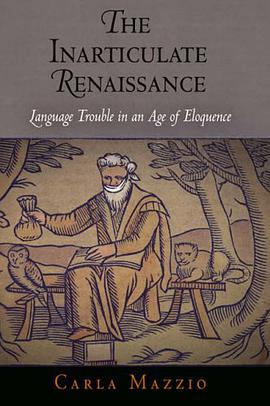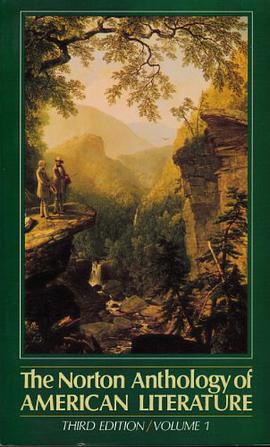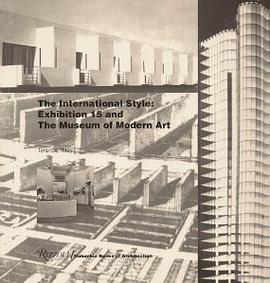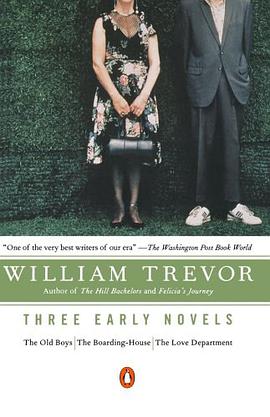

具体描述
The Inarticulate Renaissance explores the conceptual potential of the disabled utterance in the English literary Renaissance. What might it have meant, in the sixteenth-century "age of eloquence," to speak indistinctly; to mumble to oneself or to God; to speak unintelligibly to a lover, a teacher, a court of law; or to be utterly dumfounded in the face of new words, persons, situations, and things? This innovative book maps out a "Renaissance" otherwise eclipsed by cultural and literary-critical investments in a period defined by the impact of classical humanism, Reformation poetics, and the flourishing of vernacular languages and literatures. For Carla Mazzio, the specter of the inarticulate was part of a culture grappling with the often startlingly incoherent dimensions of language practices and ideologies in the humanities, religion, law, historiography, print, and vernacular speech. Through a historical analysis of forms of failed utterance, as they informed and were recast in sixteenth-century drama, her book foregrounds the inarticulate as a central subject of cultural history and dramatic innovation. Playwrights from Nicholas Udall to William Shakespeare, while exposing ideological fictions through which articulate and inarticulate became distinguished, also transformed apparent challenges to "articulate" communication into occasions for cultivating new forms of expression and audition.
作者简介
目录信息
读后感
评分
评分
评分
评分
用户评价
相关图书
本站所有内容均为互联网搜索引擎提供的公开搜索信息,本站不存储任何数据与内容,任何内容与数据均与本站无关,如有需要请联系相关搜索引擎包括但不限于百度,google,bing,sogou 等
© 2026 book.wenda123.org All Rights Reserved. 图书目录大全 版权所有




















